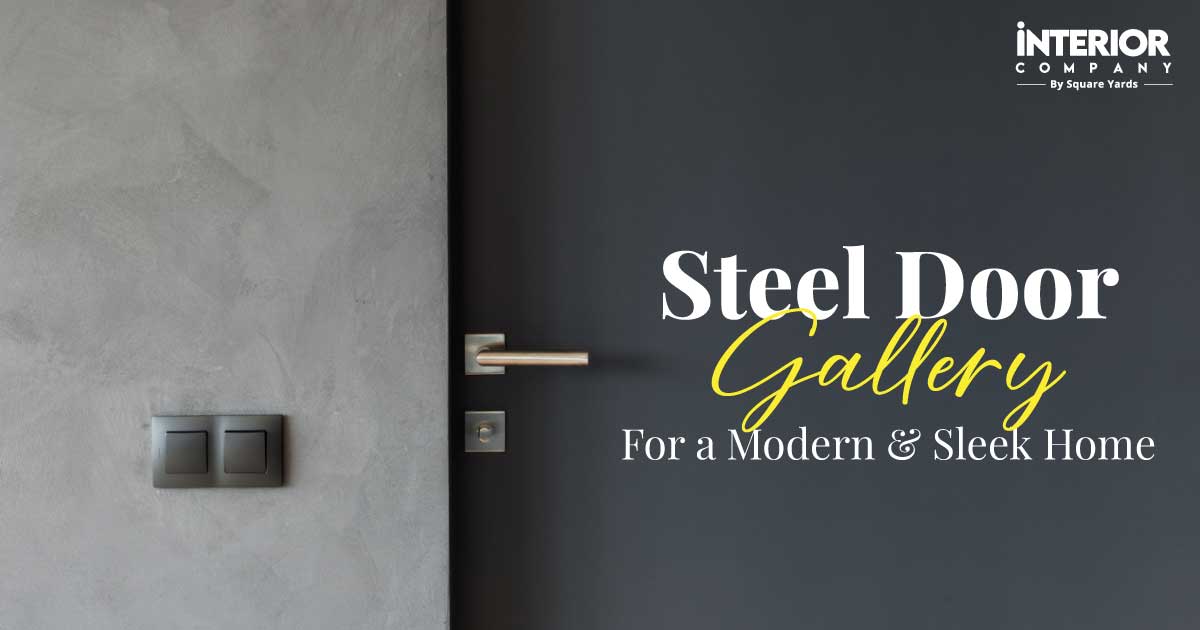- Kitchens
- Design Ideas
- Cities
- Trends
- Guides
- Price Calculators
- Our PortfolioNEW
- More
- Home
- Trends
- Construction
- Vastu Tips
- Vastu Purusha Mandala
Decoding Balanced Living Through Vastu Purusha Mandala
Vastu Purusha Mandala is part of the Vastu Shastra guidelines. It is a diagrammatic depiction of the correct directions to be followed while constructing and planning a house’s architecture. It provides a guideline for a better house that looks after your overall well-being. It is an ancient Indian belief that ensures harmony and a good flow of energy inside the home. The structure in the centre of the diagram is said to be a mythical figure that governs the energy inside the house. On the other hand, the diagram is divided into sections depicting the correspondence of energies from life and the environment through a mathematical aesthetic. They are believed to bring peace, prosperity and harmony inside the home.
Table of Content
What is the Origin of Vastu Purusha Mandala?
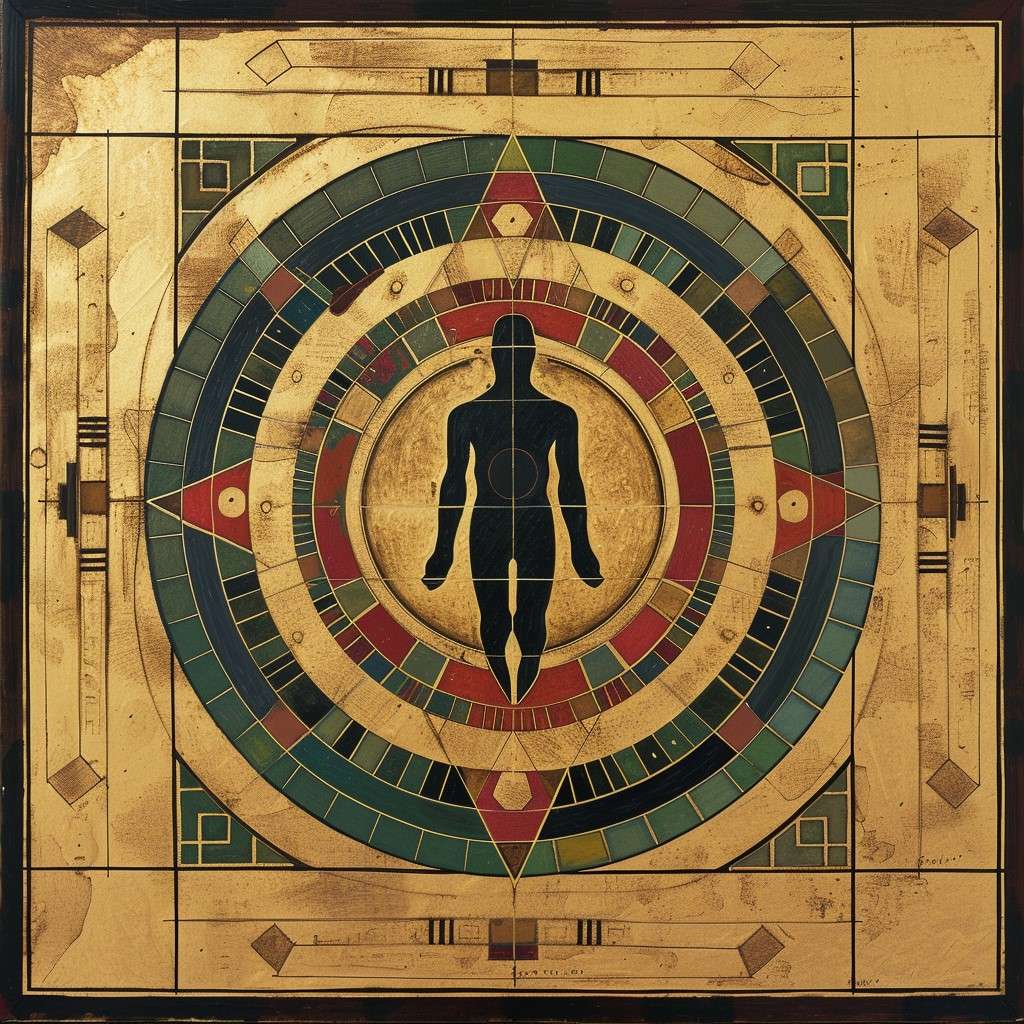
The texts and mythologies given by our ancestors are said to be the origin of the Vastu Purusha Mandala. It is said that Vastu Purusha is a mathematical gem and a cosmic figure that is believed to have been created by the gods. It is an interesting concept exploring the basic do's and dont's of living a healthy and peaceful life. The cosmic figure we are talking about here is said to have reached the earth, causing disruption. He created a permanent eclipse over the earth and he ate everything that landed up in his path. This is how the gods decided to pin the figure into a posture that created a grid pattern. Some believe that Brahma is the creator of the cosmos. So, Lord Shiva and Vishnu pleaded with Brahma to interfere in the matter and find a solution.
Brahma realised what he was required to do to bring a balance in nature, and then, with the help of 44 Gods, he pinned down the vastu Purushaa. We can see from the image that when Brahma and other gods pinned down Vastu Purusha, his head was in the north, and his legs were facing the south. However, the Vastu Purusha eventually reminded all the gods that Brahma was his creator and was responsible for his behaviour. Hence, he should not be punished. Brahma realised this truth and rewarded the Vastu Purusha by transforming him into a creature that cannot be destroyed or washed away from the earth. He will always be present as an invisible entity and must be worshipped by mortals present on earth for well-being and peaceful living. Thus, the Vastu Purusha mandala was created.
Why is the Vastu Purusha Mandala Important?
This Hindu mythology of Vastu Shastra is believed to be followed by people all around the globe. Every building, house, and complex in the world is built with the principles of Vastu Shastra. Firstly, an empty plot is examined before the beginning of the construction so that the planning is done based on the Vastu Purusha Mandala. At the beginning of the construction, 45 gods, including Brahma, occupy the designated areas according to which the building is to be designed. This technique ensures harmony and the presence of cosmic energy. This Vastu Purusha technique has been used for years to build temples, office complexes, buildings, houses, etc.
The Vastu Purusha Mandala holds significance because it provides a geometrical and mathematical grid that governs the foundation of a house. It acts as a guiding factor when it comes to bringing peace, harmony and prosperity through the forces that are naturally flowing. Through Vastu Purusha Mandal, you can create spaces that are not only visually pleasing but also will guide you through difficult times by spiritually bringing positivity into the house and unexpectedly uplifting your morals. The diagrammatic approach simply showcases the deities and other elements bound together to balance the cosmic energies within the boundary of a property. The main door of any building or house is specially built with Vastu Shastra in mind. This is because the main gate is the most significant part of the house, and it is said to bring prosperity into the house.
In the Vastu Purusha Mandala diagram, you can observe squares in a 360-degree format showcasing all 45 gods, of which 13 are inner gods and the other 32 are outside gods. A home's structure is planned according to this geometrical diagram, and the allotments of the room are done based on the god’s presence in the region, which influences the traits and patterns accordingly.
Know About Vastu Purusha Mandala Architecture
A significant element in Vastu Shastra is the Vastu Purusha Mandala, designed according to ancient Indian beliefs and followed by Indian architects who plan and construct houses. It provides a guideline and represents a cosmic being used to design buildings. The grid is divided into 81 or sometimes 61 squares, showcasing life and the environment. A house built according to the Vastu Purusha Mandala is based upon carefully designed architecture so that the house receives ample natural energy flowing into the house.
A house structure is planned based on magnetic waves that enter from the North Pole and receive sunlight from the East, ensuring that the house receives natural energy, which will help the people living in that building live peacefully and in harmony. The core energy of the building comes from the central portion of the house, called the Brahmasthan, which is dedicated to Brahma, who is said to be the creator of the planet and all the living creatures walking on it. The Vastu Purusha Mandala guidelines promote good health, prosperity, and luck in the house. By implementing the guidelines, you can create a space that eliminates negative energy and brings a harmonious way of living through natural energies.
Locations Where Vastu Purusha Mandala Should be Located
The Vastu Purusha Mandala and its guidelines and principles can be followed anywhere, whether untouched land or an existing building or house. You can follow the guidelines of the Vastu Purusha Mandala and seek its blessings in your life and home. Here are a few guidelines for building your home according to the Vastu Purusha Mandala.
North East Direction For Pooja Ghar
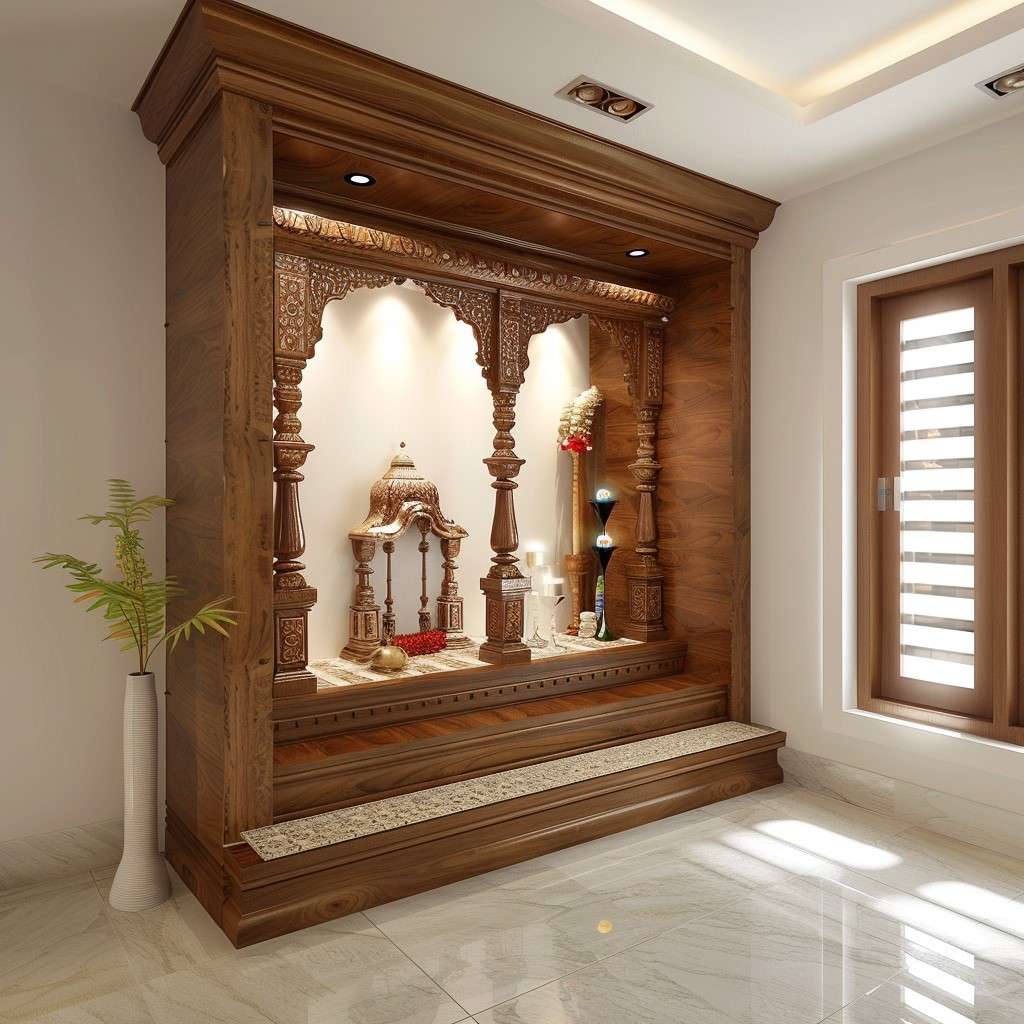
In Indian homes, Pooja Ghar or Prayer Room holds a very significant portion of the house. The time before dawn, between 3 am and 6 am, is said to be the 'Brahma Muhurta', which refers to Brahma's time. At this time, the Sun is present in the northeast direction of the house. It becomes quite peaceful and serene during this time, making it the best time to start your day with meditation, prayer and all the housework. Hence, the prayer room should be facing the northeast direction.
East Direction for Door and Windows of the Bathroom
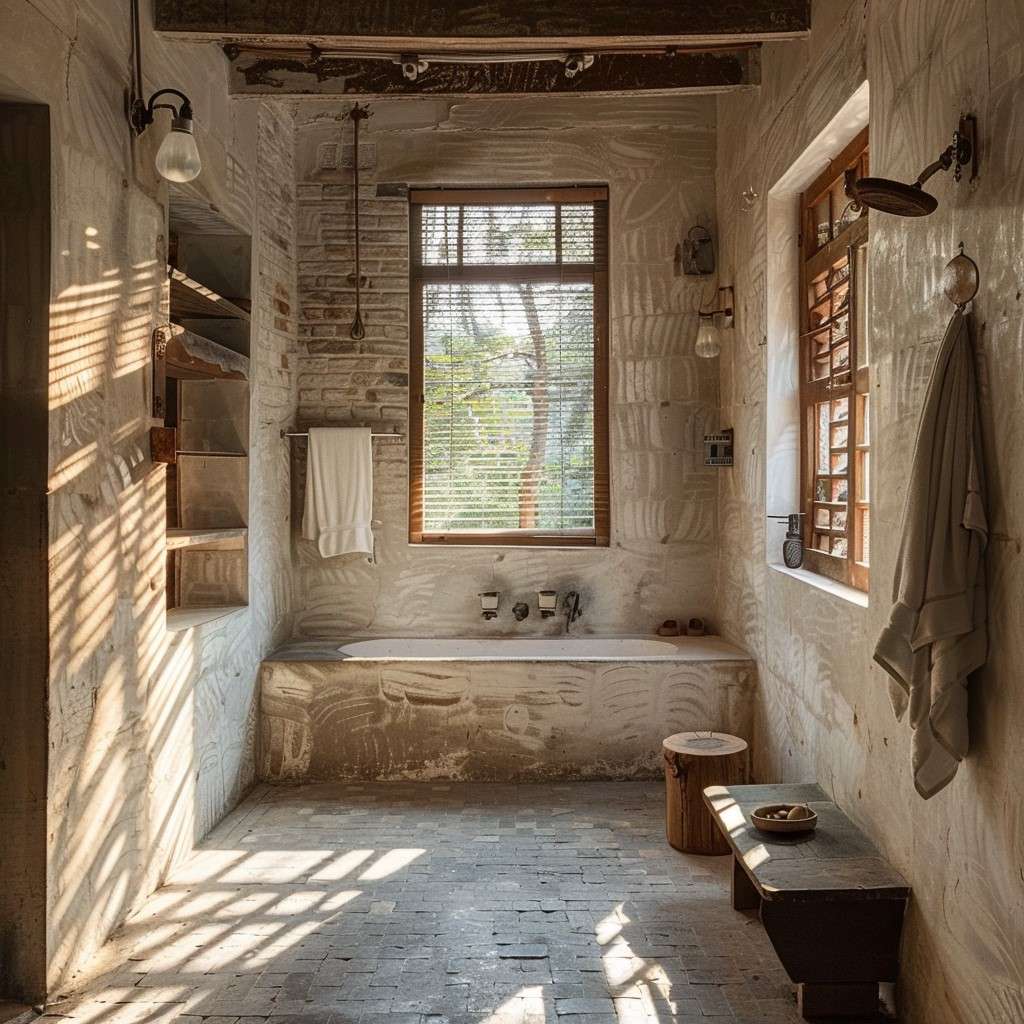
Morning rays are very important. When they reach the house, they brighten it, indicating a positive and cheerful morning. As dawn approaches, the sun reaches the East, denoting its presence. One should plan a bathroom so the morning sun reaches the interiors, especially while bathing. It freshens up the mind and makes you feel ready for the day.
South East Direction for The Kitchen
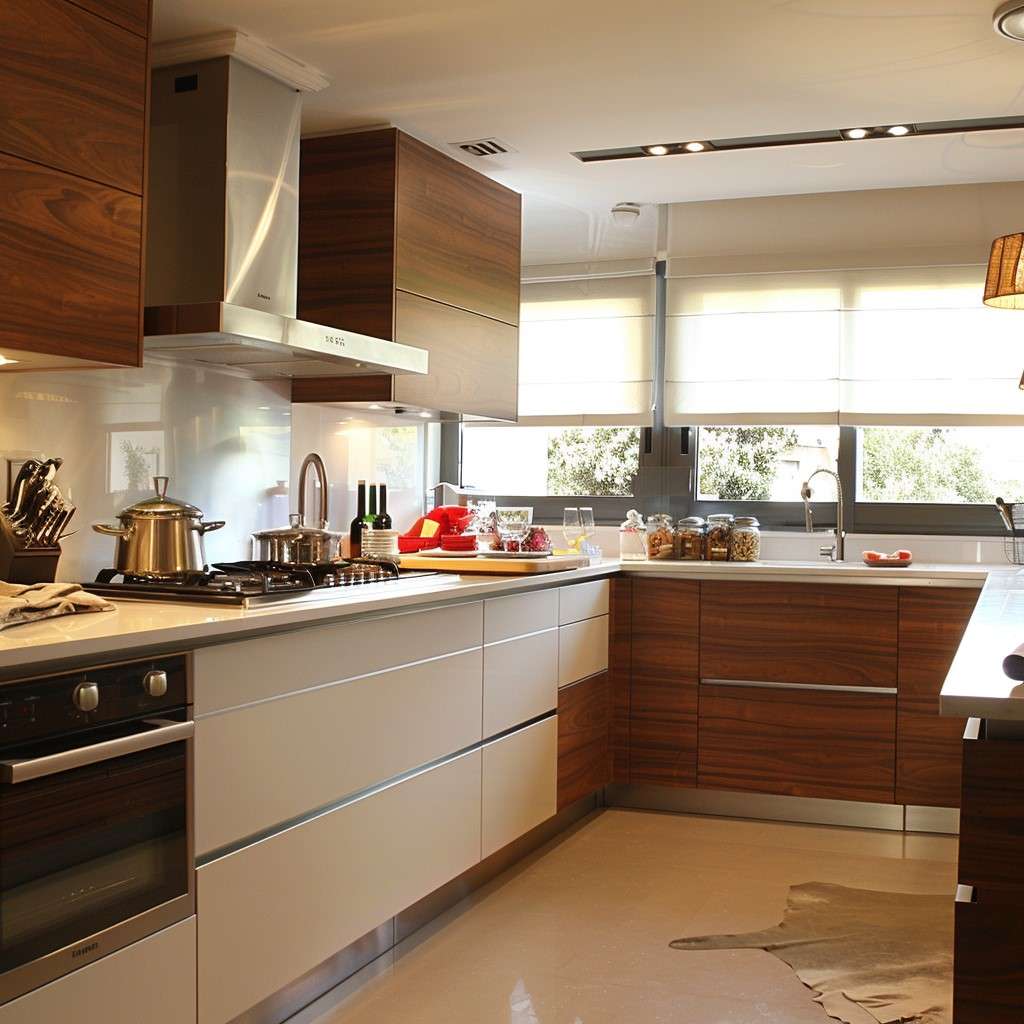
As we all know, the southeast direction indicates the god of Agni, which means the god of fire and its presence. According to Vastu, a kitchen facing towards the southeast direction brings balance and calmness to the kitchen. The rays ensure good health, happiness and overall health of the environment. The rays in the morning are said to kill microorganisms that might be present in the kitchen.
South Direction for Bedroom/ Storeroom/ Office
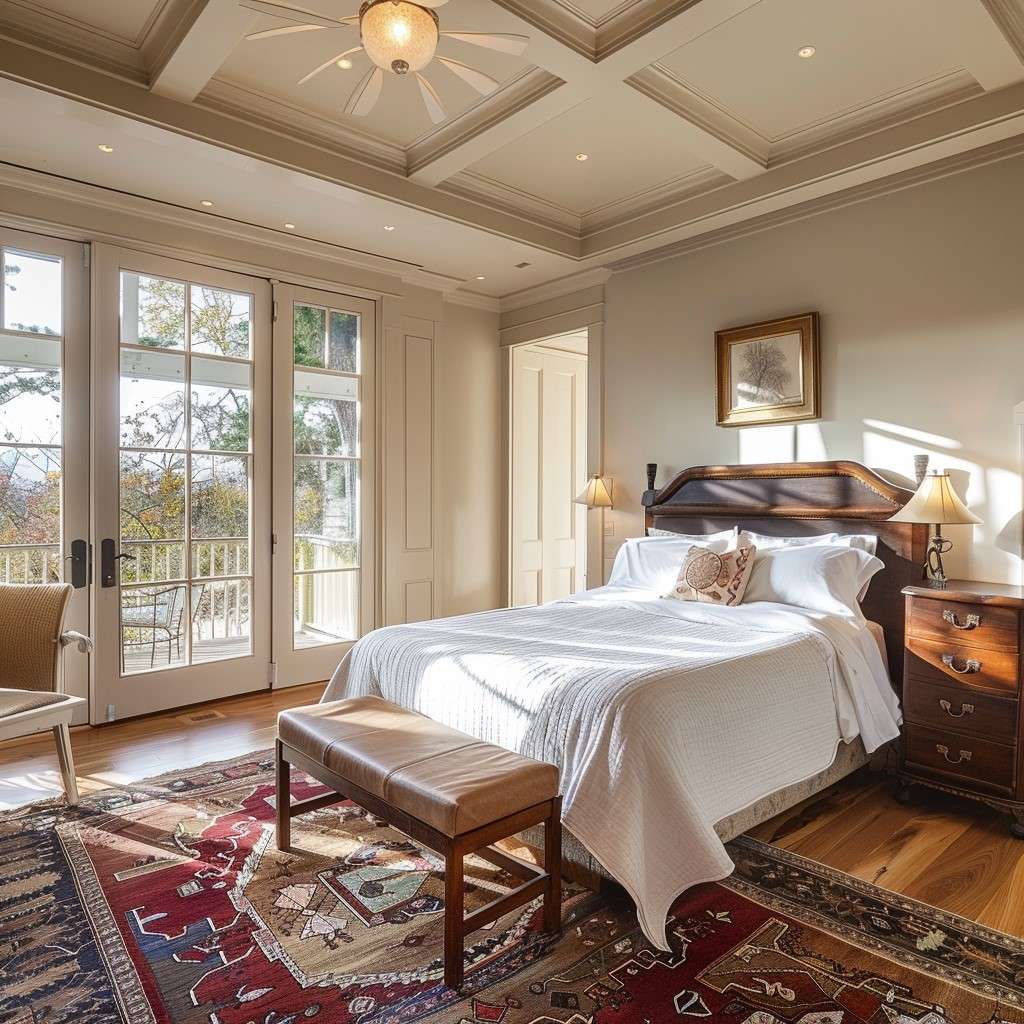
The south direction brings stability and an organised mindset into the house. When designing a bedroom, ensure that you sleep in the south direction, as it is believed to impart good health and a fresh mind. It is also said that the south direction indicates good professional growth and enhances focus, which makes it the perfect time to work.
West Direction for Study Room/ Children's Room
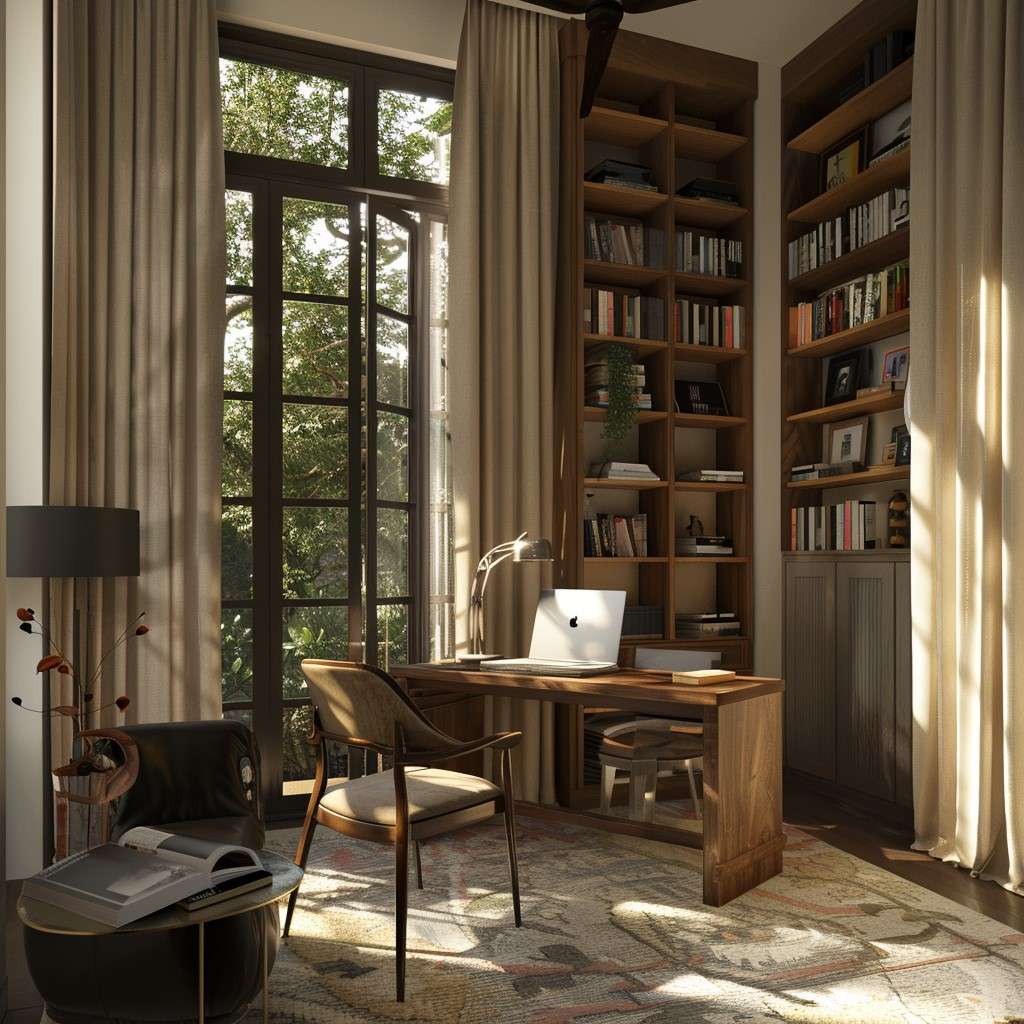
A generally assumed time for children's study is between 3 am and 6 pm. At this time, the sun is located in the west, which makes it the perfect time to study. The mild sun rays help focus and concentrate on any work that requires mental effort.
North West Direction for Living and Dining Room
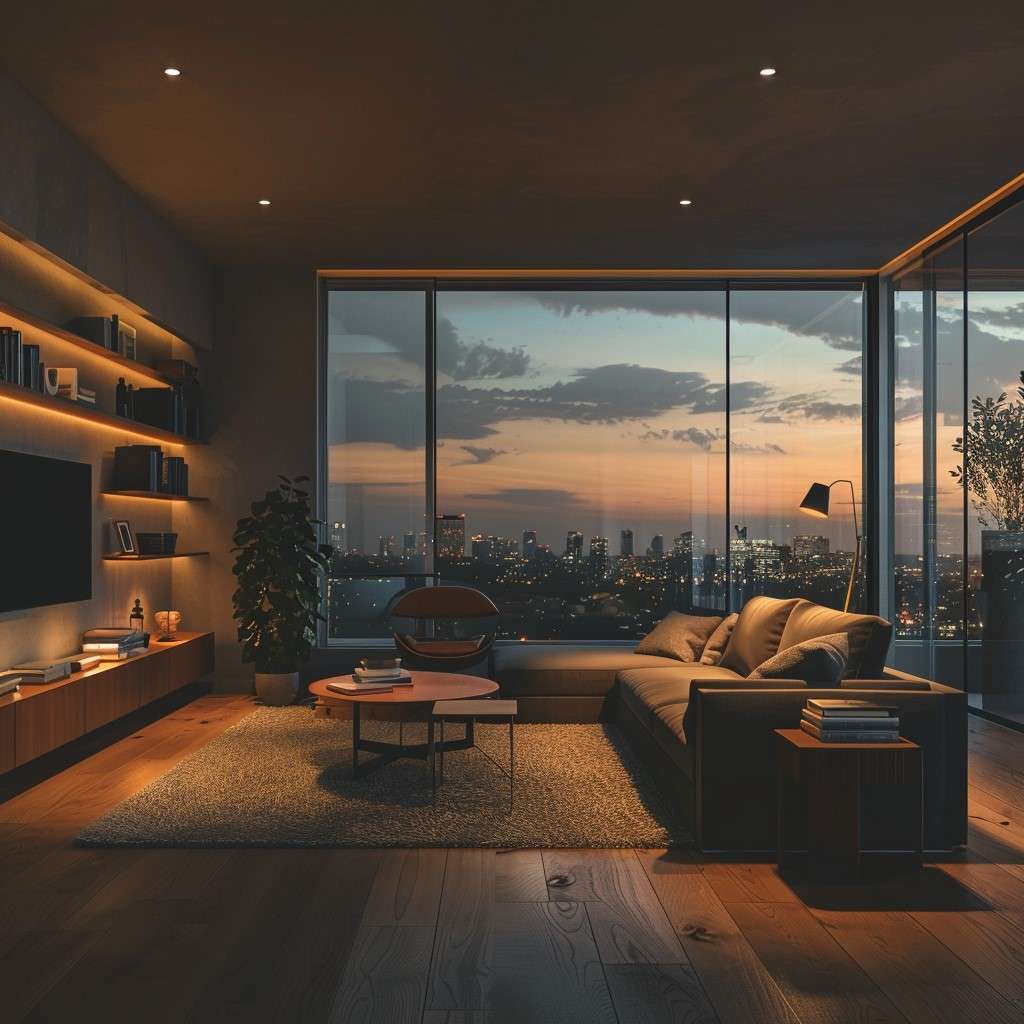
The living and dining rooms both include a lot of movement, as people are mostly present in that part of the house, which is a very important aspect. From 6 pm to 9 pm, the sun shifts in the northwest direction as it is about to set, giving the room a warm and welcoming aesthetic. According to Vastu Purusha Mandala, the northwest is the ideal direction for a living room.
In a Nutshell
Vastu Purusha Mandala provides basic guidelines and a framework for maintaining peace and well-being within your home. These simple principles can achieve peace, good health, prosperity, success, growth, and stability. Pulling natural energies towards your home brings harmony into your space. They act as a guiding force that ensures that the house is built while keeping in mind the elements of the earth and that it abides by nature. The knowledge of the Vastu Purusha Mandala is ancient but still holds significance when designing a home.
If you want Vastu Purush Mandala principles incorporated into your home, contact Interior Company today. Consult with our expert designers and vastu gurus and build a home that aligns with your needs and the Vastu principles.
Ready for a home transformation?
Let our designers assist you!
Recent Posts
The Brahmasthan or the central area of the house should not have an obstruction so that natural light and energy freely flow into your home.
According to the Vastu Purusha Mandala, the main door should be constructed in the north, northeast, or east. These directions are said to bring prosperity.
A room should always be square or rectangular in shape, as an irregular shape erodes the energy flow into the room.
To avoid negative energy flowing into the house, use favourable and bright colours, perfectly placed mirrors, and incorporate Vastu yantras.
Related Category
- Bedroom
- Exterior Design
- Kitchen
- Living Room
- Tips and Advice


































